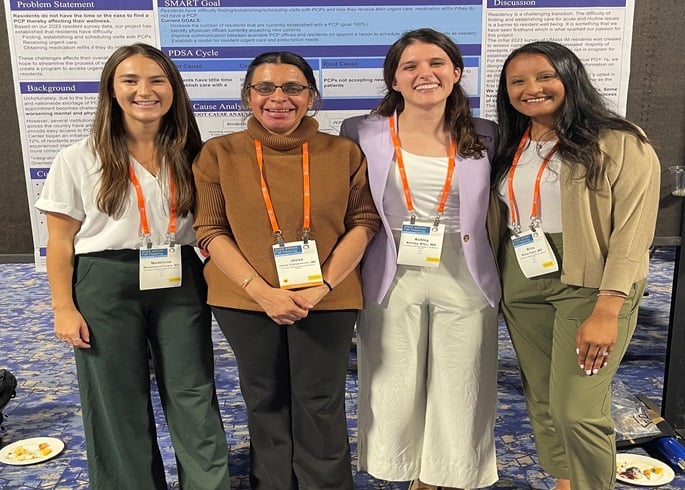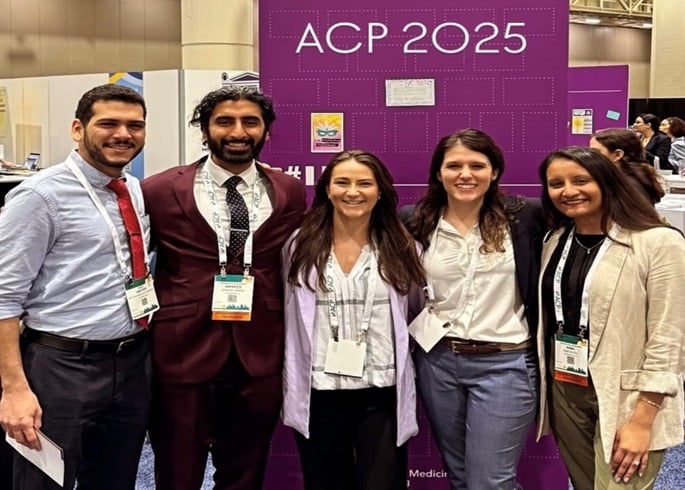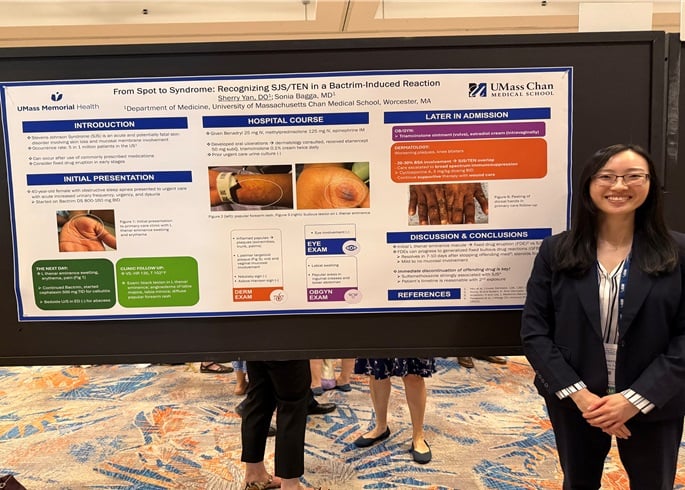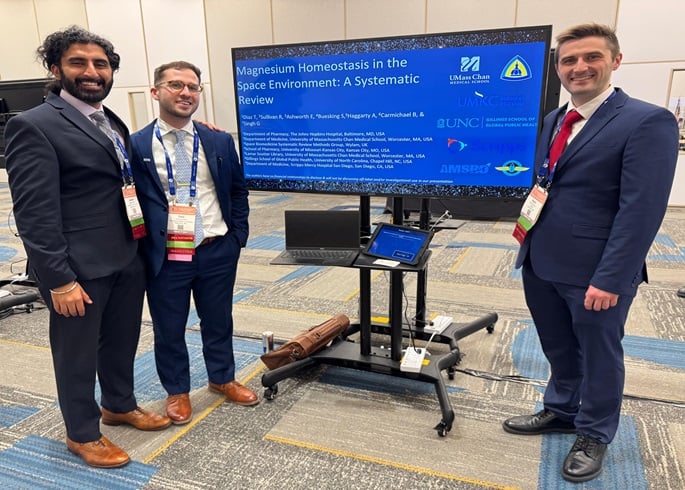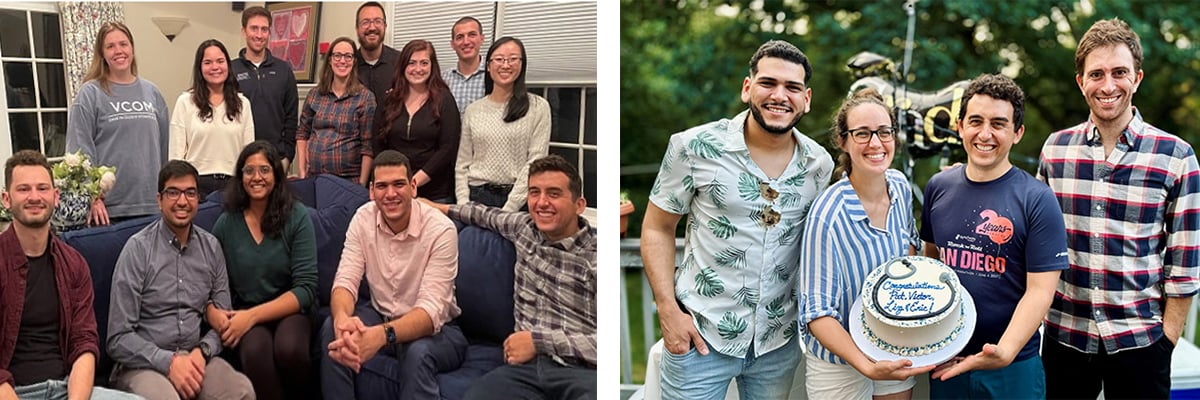Career Development
Our residents are encouraged and mentored to pursue the career where they will find the most personal joy and satisfaction. Some of our graduates are practicing primary care physicians in our UMass Memorial clinical system and have become our colleagues and the next generation of clinician-educators. Some graduates have started fellowships as well. All of our Primary Care residents are encouraged to participate in the Medical Education Track, Research Track, Diversity Action Council, and Women in Medicine Group if this aligns with their personal and professional goals. Current and past residents have participated in all these programs.
Quality Improvement
Our robust QI Curriculum involves classroom, independent study, and hands-on project participation. A three-year QI didactic curriculum is delivered during the Ambulatory week didactic sessions. Each resident is expected to participate in a QI Project from the ambulatory, inpatient, or educational setting, including completing an A3 form with multiple PDSA cycles. Project posters are presented at the Annual Resident Poster Day. At the completion of their training, our residents are fully capable of leading Quality Improvement projects in their future areas of practice. Primary Care residents are encouraged to engage in ambulatory QI projects which include ACO Quality metrics and/or health care disparities. Additional Quality Improvement electives are available as well.
Mentorship
Our residents form strong and lasting relationships with numerous faculty mentors over the course of their training. They are paired with a primary clinic preceptor for the duration of their training. They are also placed in a Residency Learning Community (“Firm”) with categorical and primary care residents, where they will have the benefit of a longitudinal relationship with a Master Clinician Educator (MCE) and Associate Program Director (APD). Finally, primary care residents have at their disposal the expertise of all the faculty within the Division of General Internal Medicine who are all delighted to welcome this residency to their division.
Residents will receive regular guidance in developing and maintaining their curriculum vitae. They will also learn about different career paths that are possible in General Internal Medicine through career panels and special speakers.
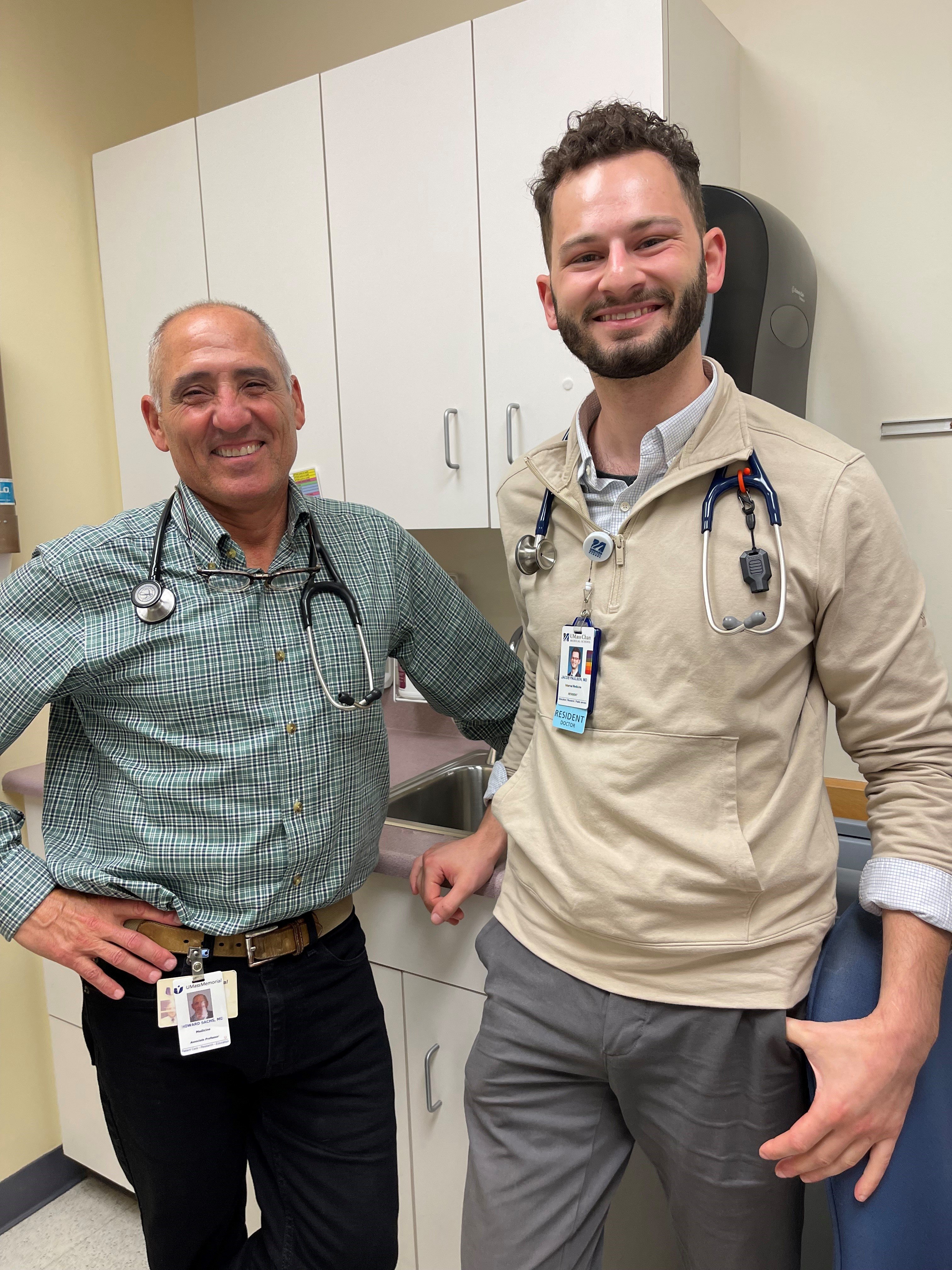 |
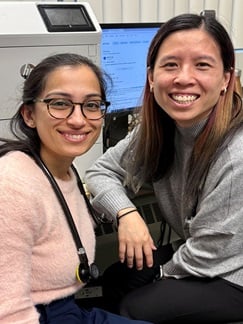 |
Scholarship
We encourage our residents to participate in scholarly activity as part of their formation as physicians. Residents have attended and presented at the Society of General Internal Medicine regional and national conferences, the Society of Hospital Medicine, and American College of Physicians.
